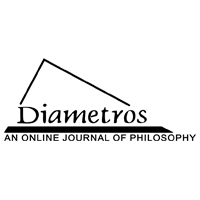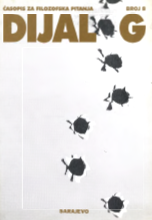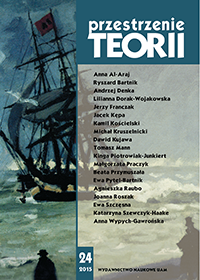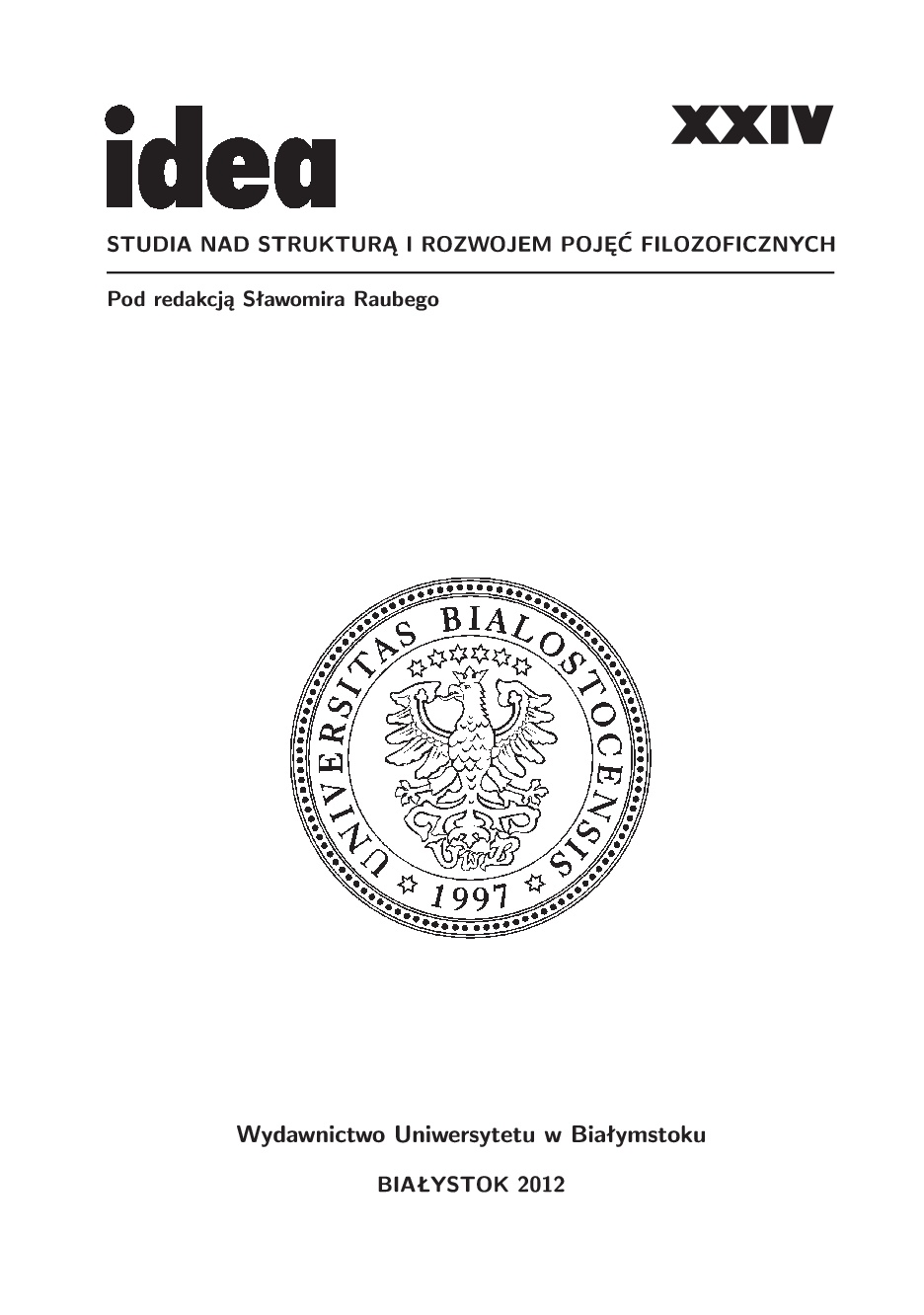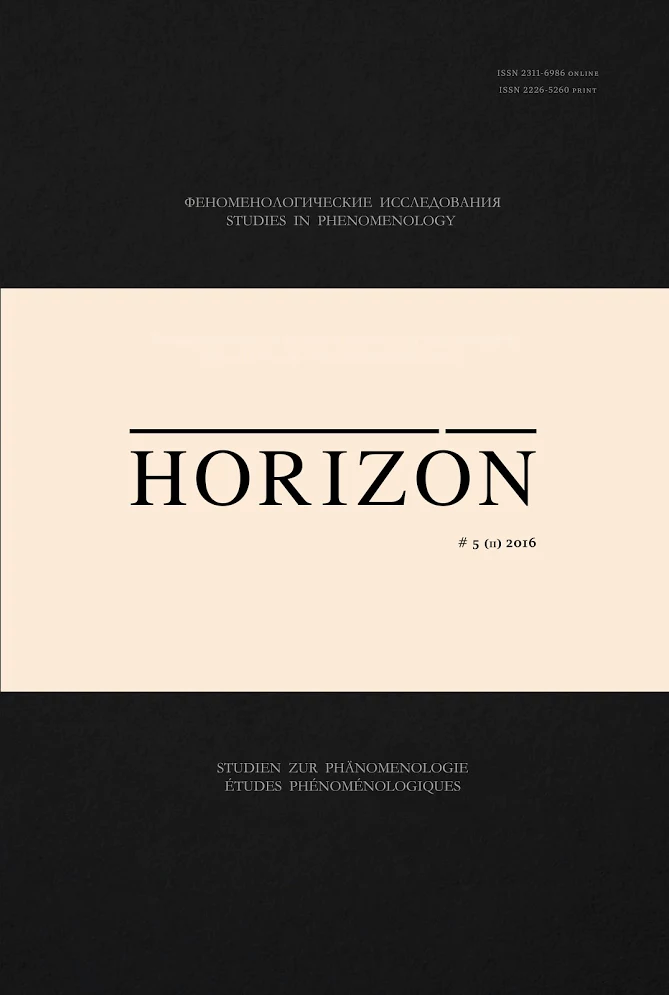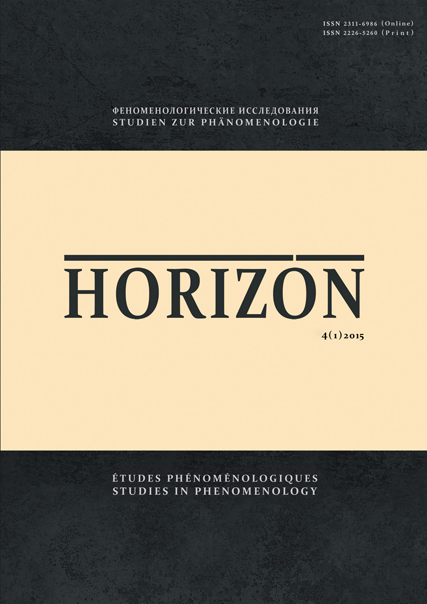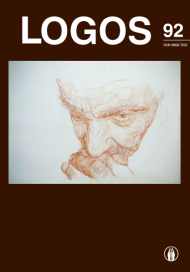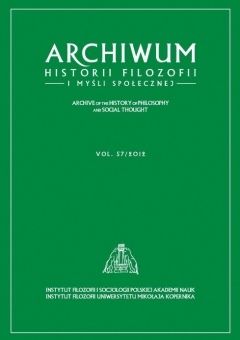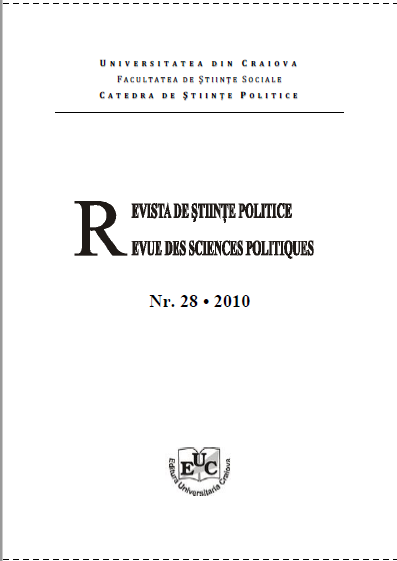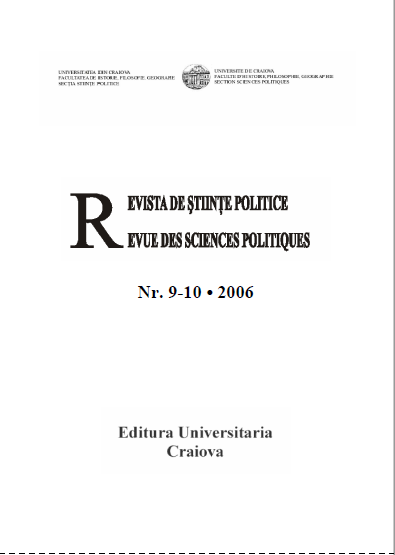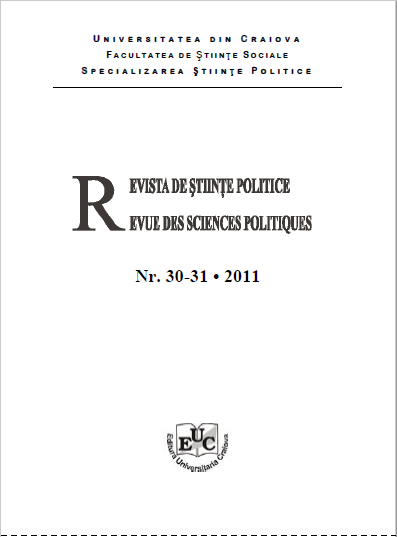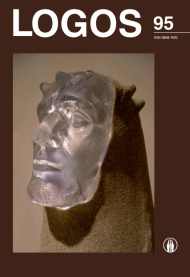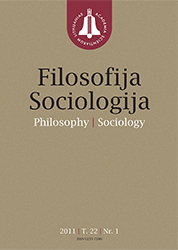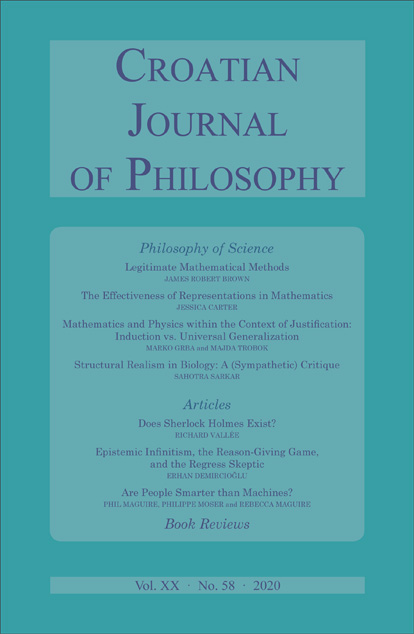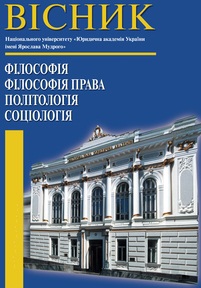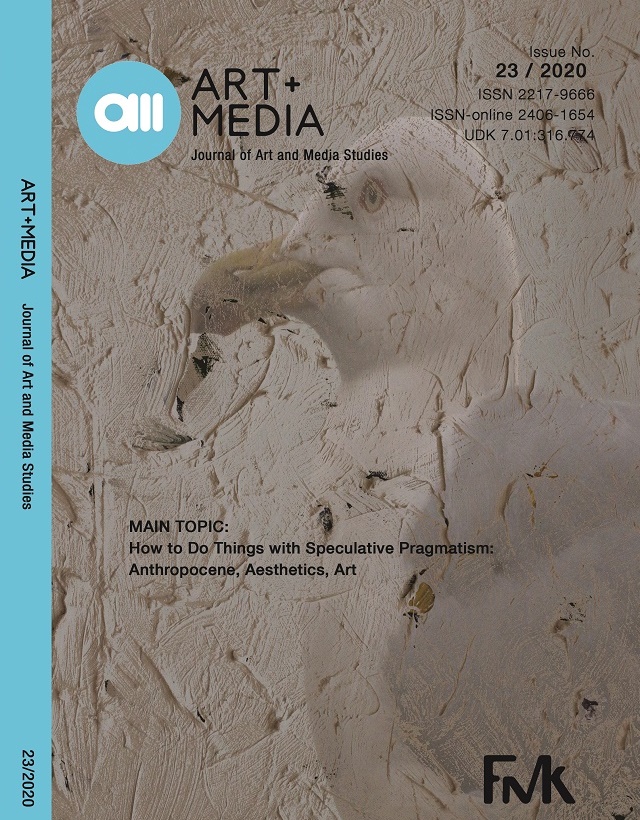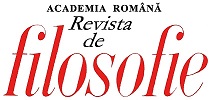Author(s): Bjarne Melkevik / Language(s): Ukrainian
Issue: 1/2020
Problem setting. The problem is to investigate how the French legal philosopher Michel Villey (1914-1988) understood the exigency of “dialectics” in our understanding of legal philosophy and of legal doctrine, as well as in judicial activities. In the article we stressed that Villey used this exigency of “dialectics” on one side in a heuristic and practical setting of judicial activity in reference to language, and on the other, imposed the character “dialectics” as a philosophical emblem reserved to a specific philosophical tradition. As to the latter, Michel Villey used the exigency of “dialectics” to justify the conception of a natural law largely based on Aristotle and Saint-Thomas' philosophies and their legacies. The interrogation as to the “dialectic exigency” is thus simultaneously a legitimisation of how this conception of natural law comes to life, how it is functioning and what is the fondationalistic reasoning justifying it. The researcher, however, raises the question of whether we can understand this exigency otherwise, and more rightfully as just embedded in practical language analysis and in situated judicial communication. He answers this positively in showing that language is dialectics when understood as dialogue and sharing communicatively the world by means of language. He so turns the tables on Villey and this form of natural law theory in showing that if this is the case, then practical language understanding wholly takes care of the dialectic exigency. The researcher takes the stand for a legal philosophy which is neither positivist nor iusnatural if not simply modern and centred on the grammar of practical language. Recent research and publication analysis. The legal philosophy of Michel Villey has had a great influence around the world, especially in Catholic country or in Catholic settings. The number of translations of his articles and books around the world is impressive and remarkable! Since his death in 1988, we have seen an avalanche of studies and essays about the legal philosophy, the iusnatural conception of law, legal history, all embedded in M. Villey’s writing or taking a stand against it. The writings related to Michel Villey are growing, in his home country and in other countries. Two outstanding works have been entirely devoted to his philosophy: Renato Rabbi-Baldi Cabanillas, La filosofia juridica de Michel Villey [In Spanish] (Pamplona, Eunsa, 1989), and Stéphane Bauzon, Le métier de juriste. Du droit politique selon Michel Villey [In French] Québec, Les Presses de l’Université Laval, coll. Diké, 2002 (or in Italian: Il mestiere del giurista. Il diritto politico nella prospettiva di Michel Villey, Milano, Giuffré editore, 2001). The present study is entirely topical as to the way Michel Villey found his legal philosophy. Paper objective. To investigate, research and elucidate the meaning of the exigency of “dialectics” in the writings of French legal philosopher Michel Villey. Simultaneously, to give an alternative version and understanding of how this exigency can help us better understand how we write the philosophy of law or legal dogmatic.
More...
